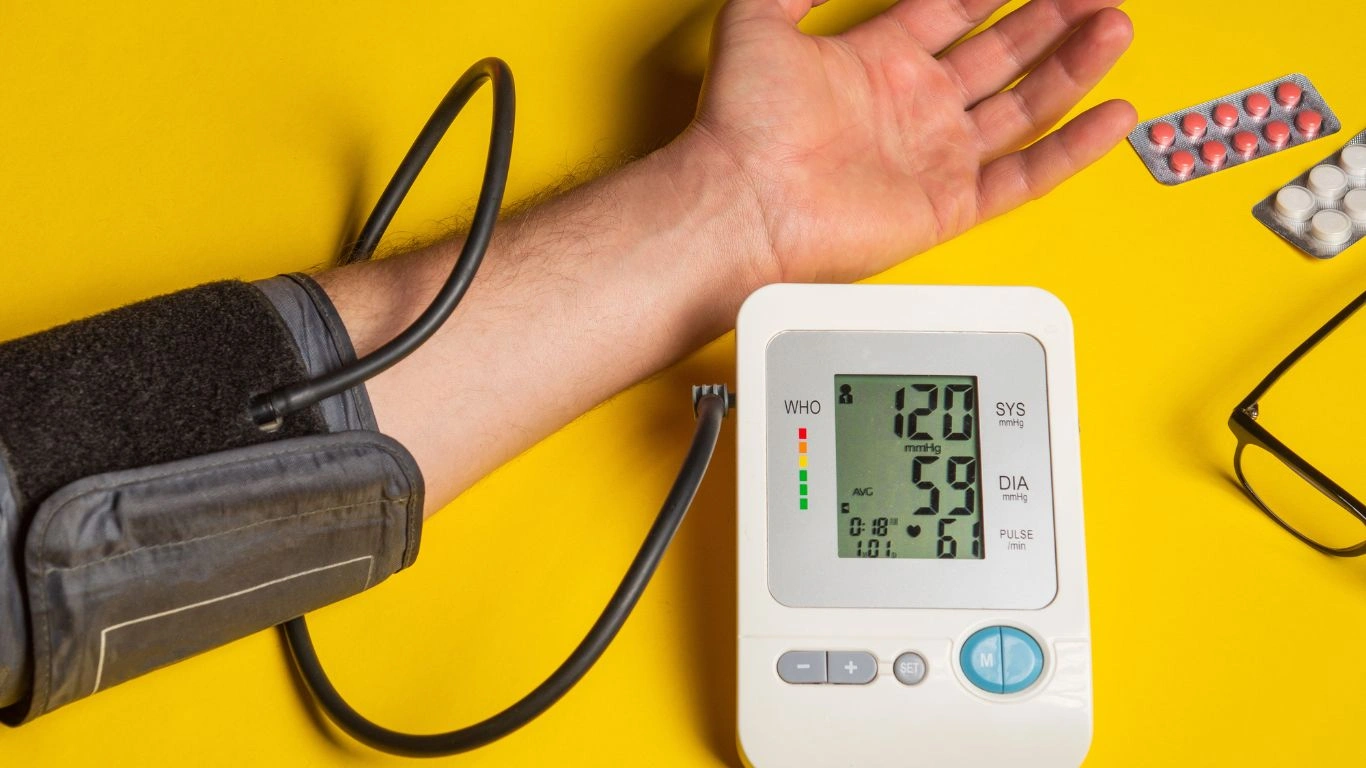Hypertension: Understanding Causes, Symptoms, and Effective Treatments
Introduction
Hypertension, often referred to as high blood pressure, is a condition that affects millions of people worldwide. It can lead to serious health issues, like heart disease or stroke, if left unchecked. In this post, we’ll explore everything you need to know about hypertension, including its causes, symptoms, and treatments. Plus, we’ll provide tips to help you manage and prevent it from becoming a bigger issue down the road.
What is Hypertension?

Hypertension is a condition where the force of your blood against the walls of your arteries is consistently too high. When this happens, your heart has to work harder to pump blood, which can eventually lead to serious complications if not managed. It’s often referred to as a “silent killer” because many people don’t experience noticeable symptoms until significant damage has been done.
Causes and Risk Factors

There are various causes of hypertension, some of which are within our control, while others are genetic or environmental. Some common causes include:
- Unhealthy diet (high in sodium, low in potassium)
- Lack of physical activity
- Excessive alcohol consumption
- Smoking
- Family history of hypertension
- Age (risk increases with age)
- Chronic stress
Understanding these causes can help you make lifestyle changes to reduce your risk.
Symptoms to Look Out For

Hypertension doesn’t always show obvious symptoms, which is why it’s important to get regular checkups. However, some people might experience headaches, dizziness, shortness of breath, or chest pain. If you notice any of these signs, it’s time to consult a healthcare professional to check your blood pressure.
Effective Treatments and Management Tips

Managing hypertension involves a combination of lifestyle changes and, in some cases, medication. Here are a few ways you can take control:
- Adopt a healthy diet with more fruits, vegetables, and whole grains
- Exercise regularly (aim for at least 30 minutes a day)
- Limit alcohol intake
- Quit smoking
- Manage stress through relaxation techniques or hobbies
- Take prescribed medications, if necessary, to control blood pressure
Sticking to these habits can help keep your blood pressure in check and reduce the risk of related health problems.
Key Takeaways
Hypertension is a serious but manageable condition. By understanding the causes and symptoms, and following a healthy lifestyle, you can reduce the impact it has on your life. Always stay proactive and keep track of your blood pressure with regular checkups.
FAQs
- Q: What are the common symptoms of hypertension? A: Hypertension often doesn’t show symptoms, but some people may experience headaches, dizziness, or chest pain.
- Q: Can I manage hypertension without medication? A: Yes, through lifestyle changes like diet, exercise, and stress management, many people can keep their blood pressure in check.
Disclaimer
The information provided in this post is for educational purposes only and should not be used as a substitute for professional medical advice, diagnosis, or treatment.
Call to Action
If you found this information helpful, make sure to schedule a blood pressure check soon. If you’re already managing hypertension, share your tips with others—let’s keep our hearts healthy!

Dr. Gwenna Aazee is a board-certified Internal Medicine Physician with a special focus on hypertension management, chronic disease prevention, and patient education. With years of experience in both clinical practice and medical writing, she’s passionate about turning evidence-based medicine into accessible, actionable advice. Through her work at Healthusias.com, Dr. Aazee empowers readers to take charge of their health with confidence and clarity. Off the clock, she enjoys deep dives into nutrition research, long walks with her rescue pup, and simplifying medical jargon one article at a time.







